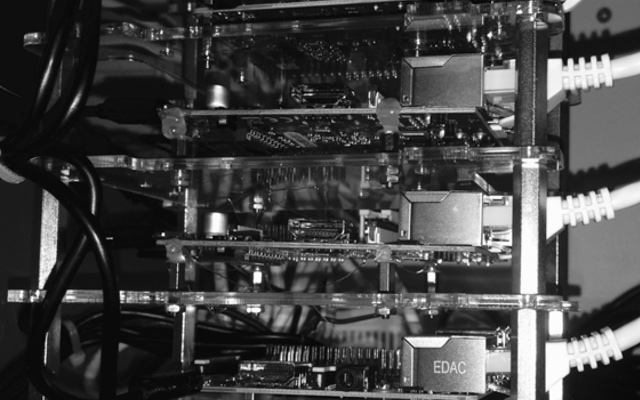
Development Kubernetes Docker ARM Raspberry PI
This is the second part in a series about handling logs on Kubernetes-On-ARM.
In the first part we installed ELK and started sending syslog events from our
nodes using logstash-forwarder. In this part we will start collecting logs
from our pods and Kubernetes components. If you wan’t to cache up here’s a
list of previous posts:
The plan was that this part would be about how
to start collecting logs from Kubernetes. But I wasn’t satisfied with how
logstash-forwarder worked. The thing is that, once the logstash-forwarder
daemon is started, the node can’t run much else.
2 May 2016 #Development #Docker #Kubernetes #Raspberry PI #Elasticsearch #Fluentd #Logstash #Kibana #ARM #Logging
Development Kubernetes Docker ARM Raspberry PI
One of the most important parts of running a cluster is to gain knowledge of
whats going on. Using tools like kubectl logs or docker logs is fine if you
run one or two nodes, but it soon gets impossible to get an overview of whats
going on, and you need to be able to view, query and monitor your logs from one
central place.
13 Mar 2016 #Development #Docker #Kubernetes #Raspberry PI #Elasticsearch #Logstash #Kibana #ARM